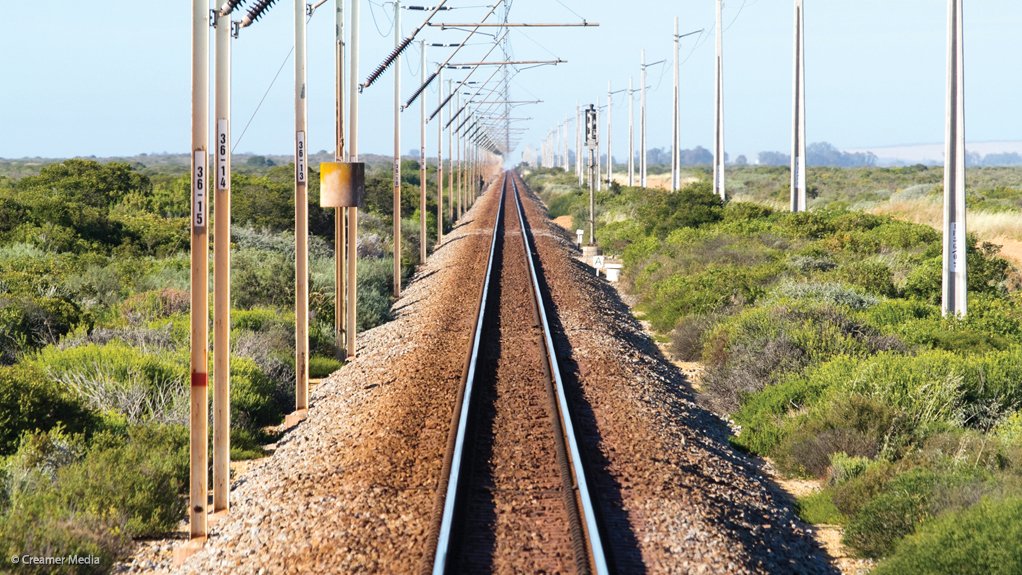/ MEDIA STATEMENT / The content on this page is not written by Polity.org.za, but is supplied by third parties. This content does not constitute news reporting by Polity.org.za.
The imminent announcement of an infrastructure manager (IM) to oversee the implementation of the National Rail Policy is an important step in the revitalisation of South Africa’s freight rail future, but unless this IM is independent and impartial, rail reform is doomed, says industry body African Rail Industry Association (ARIA).
ARIA CEO Mesela Kope-Nhlapo warns that if it is Transnet Freight Rail’s (TFR) intention to create an infrastructure manager position as a part of TFR by October this year is against the spirit and intent of the National Rail Policy.
“The National Rail Policy of 2022 states that there should be a split between infrastructure and train operations to facilitate third-party access across the network. Transnet is trying to be both a participant and manager in this process, and it is not going to work out well,” she says.
Kope-Nhlapo says the National Rail Policy is explicit when it comes to the role players in the rail reform process. “There are three distinct roles: asset owner which is the Government, directly or indirectly via Transnet; the infrastructure manager which is the entity responsible for the management of the railway network and corridors; and train operating companies which include Transnet, PRASA and private third-party companies.
“From this proposed structure it should be self-evident that independent, competent, and well-funded infrastructure managers will attract private sector investment into South Africa’s failing rail infrastructure and ensure equitable private sector participation,” she says.
Kope-Nhlapo says commercially viable investment by the private sector in the rail network and rolling stock is vital to stimulate development and create meaningful reform that will allow freight railway transportation to take its meaningful place once again in the country’s supply chains, make a massive contribution to GDP, and create employment.
“The decline of Transnet and PRASA has seen the rail ecosystem decimated over the past decade, to the detriment of SA’s core railway capabilities. Additionally, the lack of railway network maintenance in recent years adds urgency to the appointment of an independent, impartial infrastructure manager.
“Simply put, the revitalisation of our freight rail network is entirely dependent on this. If it does not happen, there will be no private sector investment into the freight sector,” Kope-Nhlapo says.
“However, now that the government has laid the foundation for a unique partnership between the state and private sector, it must also implement the policy fully to allow the much-needed private sector capital to flow into the railways,” she says.
Kope-Nhlapo says ARIA believes the following principles are critical to the rail reform process and must be properly addressed:
Interoperability between the infrastructure management functions for concessioned or leased railway lines and Transnet and PRASA lines needs to be established;
The infrastructure manager function that looks after core elements of the Transnet and PRASA railway system needs to be completely independent;
The principles of fair and equitable access across all lines to all operators (private and public) in the country must be required of all infrastructure managers. Compliance will be enforced by the future Single Transport Economic regulator. Tariff and penalty regimes will therefore be managed transparently and;
The infrastructure managers must attain and maintain safe operating standards as enforced by the Rail Safety Regulator.
Issued by The African Rail Industry Association (ARIA) CEO Mesela Kope-Nhlapo
EMAIL THIS ARTICLE SAVE THIS ARTICLE ARTICLE ENQUIRY
To subscribe email subscriptions@creamermedia.co.za or click here
To advertise email advertising@creamermedia.co.za or click here











